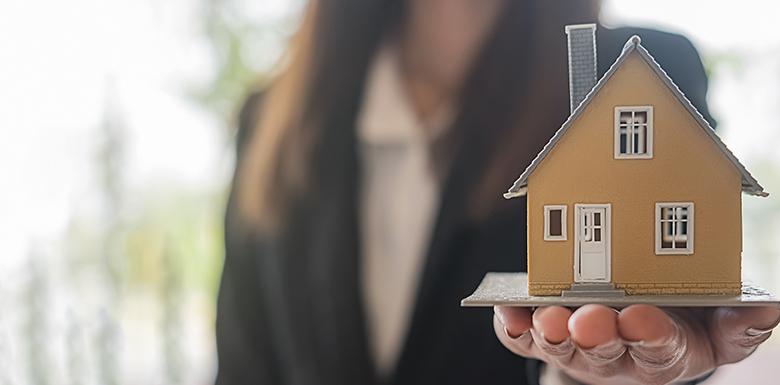How to Keep a Home During a Bankruptcy Case

In a bankruptcy proceeding, your property could be liquidated to help raise money to pay off creditors. However, most states allow you to keep the equity built up in the home during a Chapter 7 case. In a Chapter 13 case, you are generally allowed to keep your home while the case is open.
Keeping a Home in a Chapter 7 Bankruptcy Proceeding
Most states grant a homestead exemption or offer similar protection to those who are filing for bankruptcy protection. This allows you to keep some or all of the equity that is currently in the house even if you eventually have to sell it. If you are current on the mortgage, it may be possible to reaffirm your commitment to paying it off. Doing so will likely keep the home from being foreclosed upon by the lender.
Keeping a Home in a Chapter 13 Case
In a Chapter 13 case, your debts are reorganized and repaid over a period of three or five years. While a bankruptcy case is ongoing, your creditors are generally unable to foreclose on a home. Furthermore, they are generally prohibited from contacting you about the debt if you don’t want to discuss it.
Of course, you can use the leverage that is gained from filing for bankruptcy to negotiate new loan terms. It can also be possible to strip a second mortgage lien or have the debt converted to an unsecured obligation in a Chapter 13 proceeding. (Read more on what you should disclose to buyers about your home.)
You Can Always Choose to Sell the Home
It may be possible to sell a home either before filing for bankruptcy or during a bankruptcy case. However, if you choose to sell after filing for bankruptcy, the trustee and the judge may need to approve the sale. The mortgage company in Las Vegas that holds the first lien on the property may also have to sign off on the sale.








